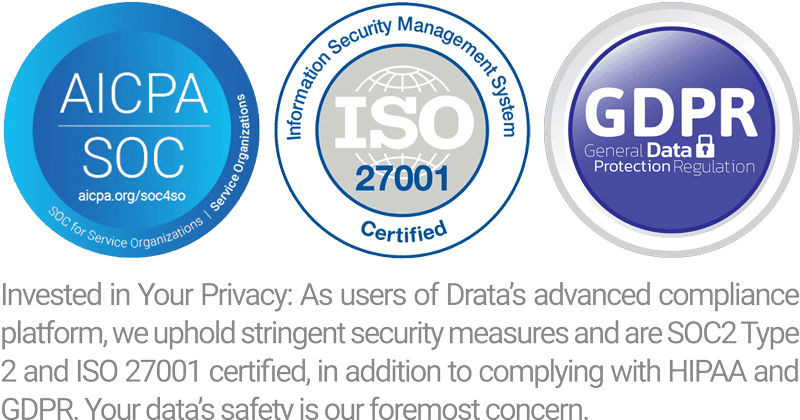How Lead Scoring Benefits Your Sales Department
 B2B sales departments juggle leads every day. How do those leads get managed? And how effective is the sales team in closing sales from the marketing leads it receives? Lead scoring can improve sales effectiveness by ranking leads according to various attributes. Let’s dig deeper into how lead scoring benefits sales.
B2B sales departments juggle leads every day. How do those leads get managed? And how effective is the sales team in closing sales from the marketing leads it receives? Lead scoring can improve sales effectiveness by ranking leads according to various attributes. Let’s dig deeper into how lead scoring benefits sales.
Lead scoring programs are available through automated marketing platforms like our Lead Management Automation™ product. A lead score is comprised of both an implicit score and an explicit grade. By combining the two metrics, sales departments are able to prioritize which leads are contacted first.
There are three ways lead scoring benefits sales departments:
1-Lead scoring provides a way to create an optimal lead profile. By listing the attributes which comprise a quality lead, sales agents get a clear picture of the “perfect” prospect that they should be speaking with.
By narrowing the sales department’s focus through lead scoring, agents can place the optimal leads at the top of their target lists, which can improve sales effectiveness. Agents prioritize sales calls by how well a lead fits the optimal lead profile.
2-Lead scoring is used to organize leads by demographic characteristics. Having sales agents contact the most appropriate leads (based upon grading criteria such as industry, company size, and title), helps to target the most likely decision makers or influencers. Prospects that may not fit every parameter in a lead scoring system can still be relevant, but are listed below those that have a better fit with the optimal lead profile.
3-Lead scoring provides a way of ranking prospects’ behaviors. Scoring implicit behaviors is an effective way to understand what activities are involved in a prospect’s buying process. Behavior patterns reveal how, when, and where a prospect gathers information about a buying decision. Both online and offline activities should be included in the lead scoring matrix in order to generate a complete lead profile.
Scoring buyers’ behavior also reveals what forms of delivery are most effective. Some prospects gather information solely through online searches and website visits. Others attend webinars or review white papers to support buying decisions. Sales agents can be more effective when they know how a prospect researches buying opportunities.
By assigning a score to behaviors, sales agents can not only understand the processes used in buying decisions, but also use the information collected during the scoring process to communicate with prospects. For instance, a sales agent can ask questions about a prospect’s experience at a recent trade show or webinar.
Lead scoring is a product of both planning and updating. While a profile can be created based upon historical information, lead scoring becomes more effective as sales agents connect with prospects. New information can be included in the scoring model to make the lead scoring system as accurate as possible. Buying trends may change over time or buying patterns may be different from one region to another; therefore, it is important to adapt the lead scoring matrix to reflect changes as new information is uncovered.
The bottom line is: a lead scoring system makes sales departments in many industries more effective and efficient. To find out ways to score leads, stay connected to our revenue generation blog or contact a Lead Liaison representative today.


